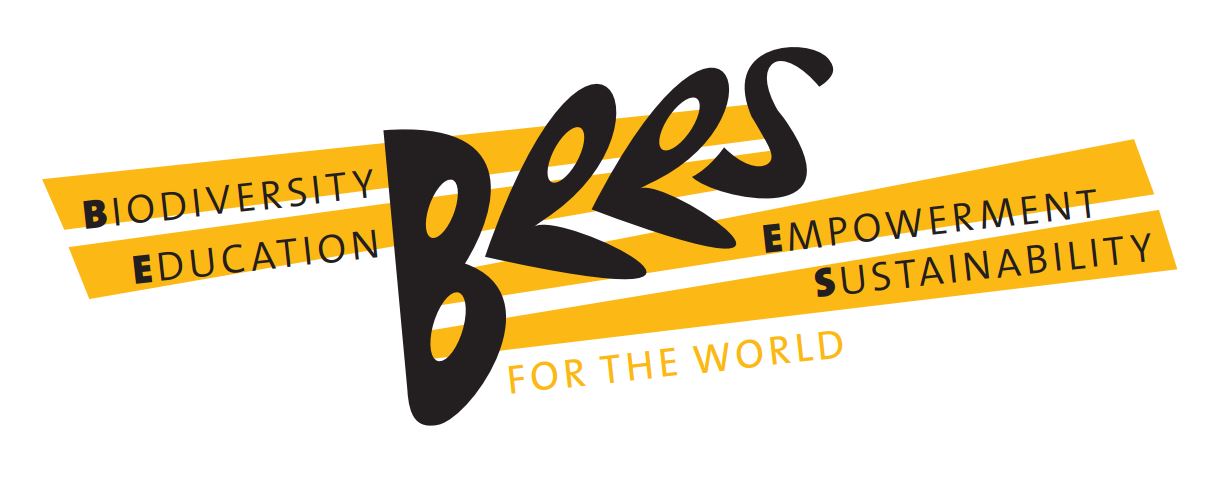Our vision is to produce the highest quality of organic-certified beeswax and thereby stick to our commitment: Biodiversity, Education, Empowerment and Sustainablity - in short BEES for the world.
BEES for the World is a social start-up with the aim to support local communities by building up a value chain for high quality organic certified beeswax. Through our work in various African countries, we assist beekeepers in developing an African way of beekeeping, which is advantageous in terms of bee health (no medicaments needed), cost friendly compared to American/European beekeeping (no imports are needed) and is building on natural materials easy available to locals. Thereby we are building on existing structures of local small beekeeping businesses and organisations.
Combining modern management techniques with local beekeeping knowledge, we unlock existing potential for beeswax that isn't contaminated with medicaments, pesticides or herbicides and at the same time for the best advantage of the local bees races, people and the environment. To extract the best available quality of beeswax worldwide, BEES for the World and its partners work in remote countrysides, where intensive agriculture and its contamination problems aren't spread. We are supporting small scale farmers through creating an additional incomes source that allows them to keep up environmental friendly production techniques and protecting local ecosystems.
Our beeswax is organic-certified, produced by our local partners and is regularly controlled by independent experts to ensure high quality. Each product is traceable from its origin on the apiary to the end producer. Through this quality management system we can assure that our customers in the natural cosmetic sector have an outstanding product that is used in lip and skin care products amongst other things.
Our profits are reinvested into the producer network and its local communities through trainings, production facilities and support in organizing new beekeepers groups. Thereby a special attention is given to young beekeepers and beekeepers from socially disadvantaged groups like handicapped or women.
